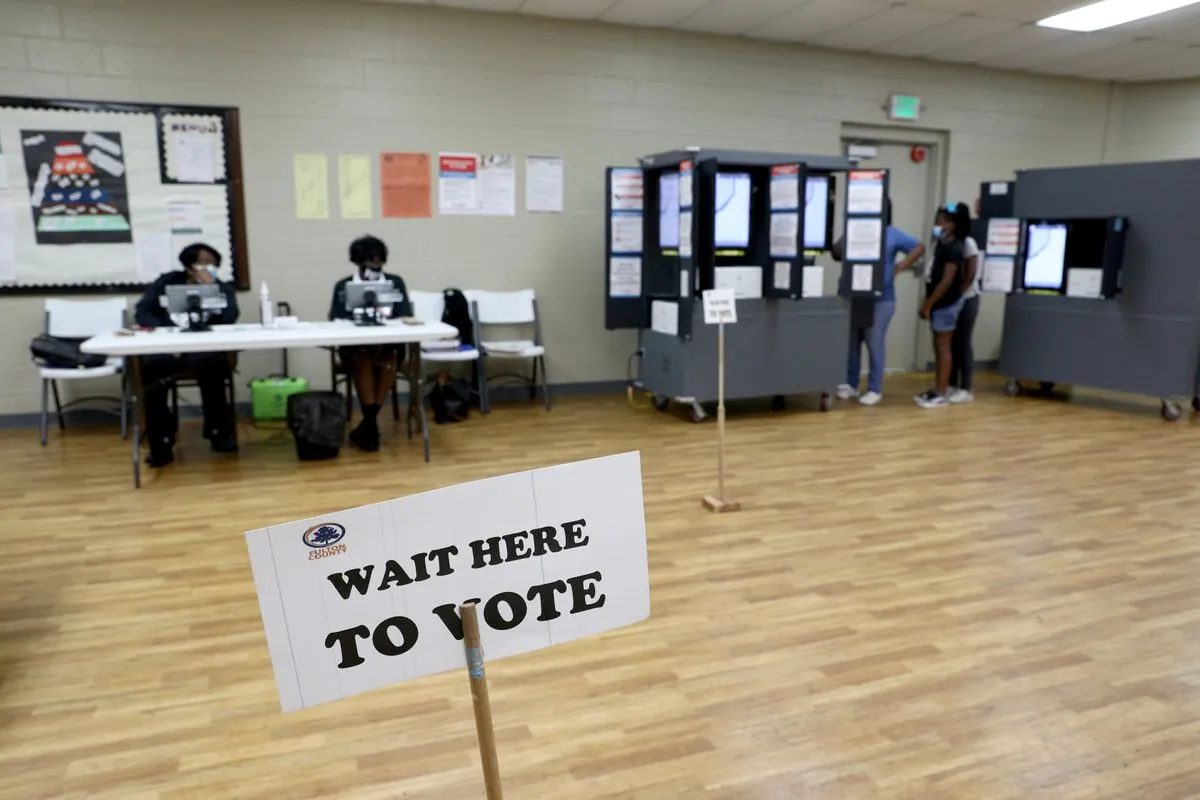Georgia Judge Bars Cornel West from Presidential Ballot Over Paperwork
A Georgia court disqualified Cornel West from the state's presidential ballot due to improper paperwork filing. The ruling impacts vote counting but not ballot printing, amid ongoing legal challenges for third-party candidates.

A Georgia state court judge has disqualified Cornel West from appearing on the state's presidential ballot, citing improper paperwork filing by his electors. This decision means votes for West will not be counted in Georgia, although his name will remain on the ballots due to printing deadlines.
Fulton County Superior Court Judge Thomas A. Cox ruled that at least one of West's electors should have filed a petition with 7,500 signatures from registered voters in their own name, as required by state law. Instead, the petition was filed only in West's name, leading to the disqualification.
The judge ordered the state to post notices at polling places informing voters of West's disqualification and that votes for him would be void. This remedy is commonly used in Georgia for late election changes.

The ruling comes amidst a broader context of ballot access challenges for independent and third-party candidates in Georgia. Currently, the presidential choices for Georgia voters include Donald Trump, Kamala Harris, Chase Oliver, and Jill Stein. If Claudia De la Cruz remains on the ballot, it would mark the most candidates since 1948.
Brad Raffensperger, Georgia's Secretary of State, had previously overruled an administrative law judge's decision to disqualify West and De la Cruz. Raffensperger also ruled that Jill Stein should be included on the ballot under a new Georgia law, as the national Green Party had qualified her in at least 20 other states.
The Democratic Party has been actively challenging the inclusion of third-party candidates, aiming to prevent potential vote siphoning in the upcoming election. This strategy stems from the close margin of victory in Georgia during the 2020 election, where Joe Biden won by fewer than 12,000 votes.
Conversely, Republicans in Georgia have intervened to keep all candidates on the ballot, part of a broader effort across battleground states to support liberal third-party candidates. This tactic could potentially impact the outcome in states decided by narrow margins.
The complexities of ballot access and the potential impact of third-party candidates highlight the intricacies of the U.S. electoral system. As the November 4, 2024 General Election approaches, the legal battles and strategic maneuvers surrounding ballot access are likely to continue, potentially shaping the landscape of one of the most anticipated presidential elections in recent history.
"While Dr. West only needed a single presidential elector to properly qualify to provide him with ballot access, none of his candidates satisfied the requirements to do so."
This decision underscores the importance of adhering to state-specific election laws and the potential consequences of procedural oversights in the complex process of qualifying for presidential ballots.


































